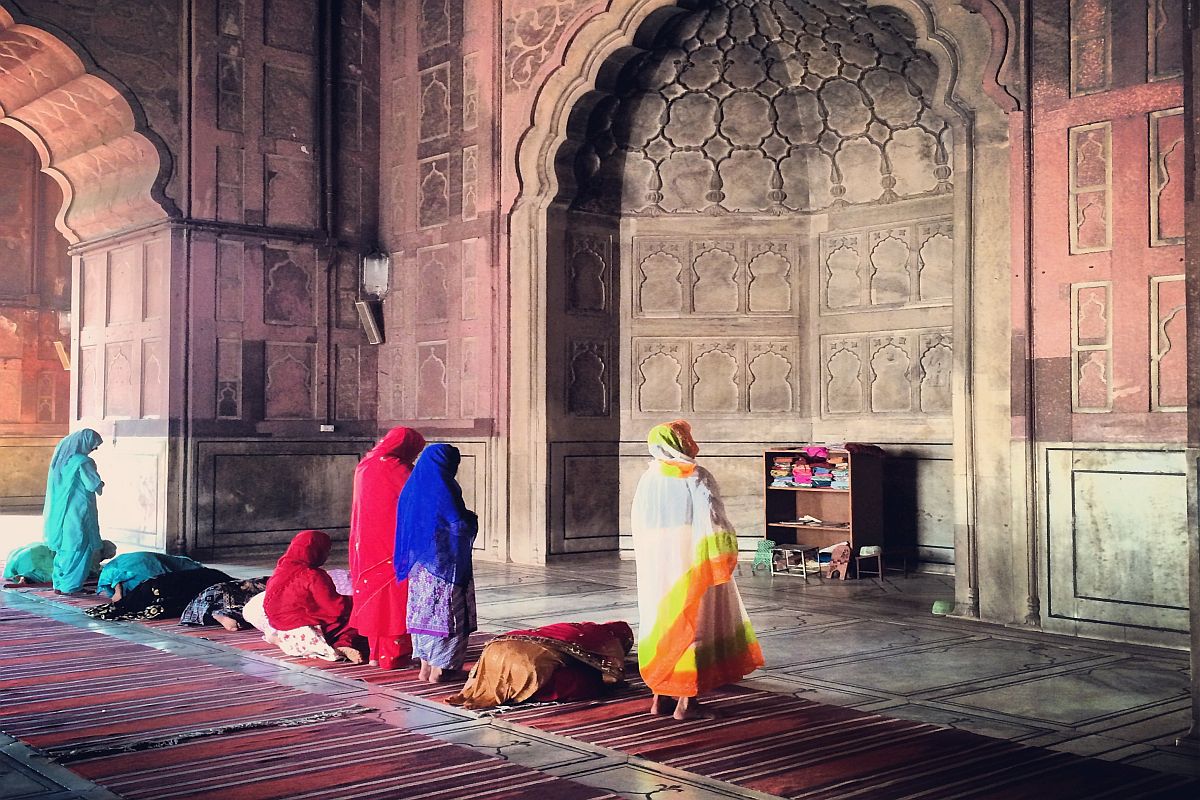The Supreme Court on Tuesday agreed to hear a petition seeking permission for Muslim women to enter mosques to offer prayers, stating that it will hear the matter because of its judgement in Kerala’s Sabarimala temple case.
The apex court also issued notices to the Centre, National Commission for Women, Central Waqf Council and All India Muslim Personal Law Board (AIMPLB) asking them to respond on the plea.
Advertisement
A Pune-based Muslim couple had filed a petition in the Supreme Court on Monday seeking Muslim women’s entry inside mosques to offer namaz.
Moving the plea, the couple asked the apex court to declare the prohibition on entry of women inside mosques in the country as “illegal and unconstitutional” as it violated the fundamental rights guaranteed under the Constitution.
Pointing out that there was no mention of any gender segregation in either Quran or Hadith, the couple’s counsel Ashutosh Dubey said: “….such practices are not only repugnant to the basic dignity of a woman as an individual but also violative of their fundamental rights…”
The petitioners said that there were no records stating that the Quran and Prophet Muhammad opposed women entering mosques and offering prayers, and in fact, men and women have equal constitutional rights to worship, according to their beliefs.
A bench headed by Justice SA Bobde told the counsel appearing for the petitioner that it will hear the matter because of the apex court’s judgment in the case involving Kerala’s Sabarimala temple.
“The only reason we may hear you is because of our judgment in the Sabarimala temple case,” the bench said.
On September 28, last year, a five-judge Constitution bench, headed by then chief justice Dipak Misra, lifted the ban on the entry of women of menstrual age into the Sabarimala temple sparking widespread protests by Hindu groups across Kerala.











